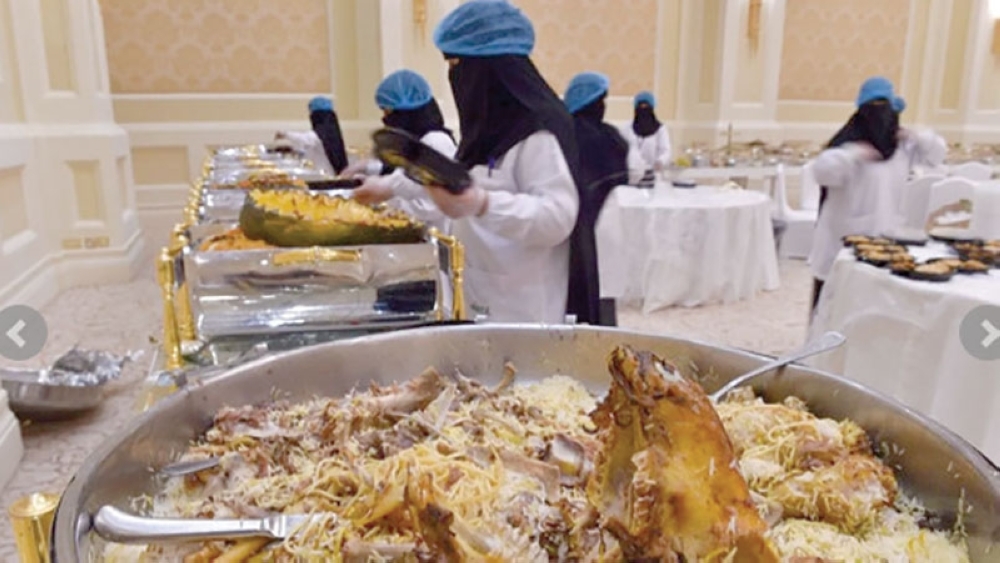

The Muscat Municipality has noted that a lot of food is being wasted in their trash bins due to improper planning and execution of meals for iftar.
“There is a need to educate and create awareness among citizens and expatriates about ways to avoid wasting food, especially during Ramadhan. We have noticed a significant amount of leftover food being thrown away. This wastage also places an extra burden on Be’ah to collect more trash than usual,” a senior official from the Muscat Municipality said to the Observer.
Studies conducted by authorities show that the amount of food waste generated during Ramadhan is about 30 per cent higher than other months. There is a tendency towards overindulgence and extravagance in the holy month, despite the Prophet Muhammad (PBUH) advising Muslims to practice moderation in all aspects of life.
“I have witnessed the situation at the mosque in Ruwi where I used to live. People donate a large pot of cooked rice, but unfortunately, about a quarter of it ends up in the trash, whereas 1 kilogramme of rice can feed about 6-8 people,” said Khalid al Khanbashi, a government official.
The Ministry of Awqaf and Religious Affairs has urged everyone to avoid food wastage and coordinate iftar gatherings to prevent duplication and ensure that every invitee has the opportunity to attend each iftar they are invited to.
Ali al Hattali from the Ministry suggests cooking an appropriate amount of food for the family to reduce waste. He also emphasises the importance of focusing on acts of worship, alms and zakat during Ramadan, rather than just eating. Excess food can be shared with neighbours or exchanged.
A food bank is currently operating to help reduce food waste. Additionally, it is important not to buy items in excess or without need, as it is forbidden to buy, cook and throw food away.
Oman Observer is now on the WhatsApp channel. Click here



